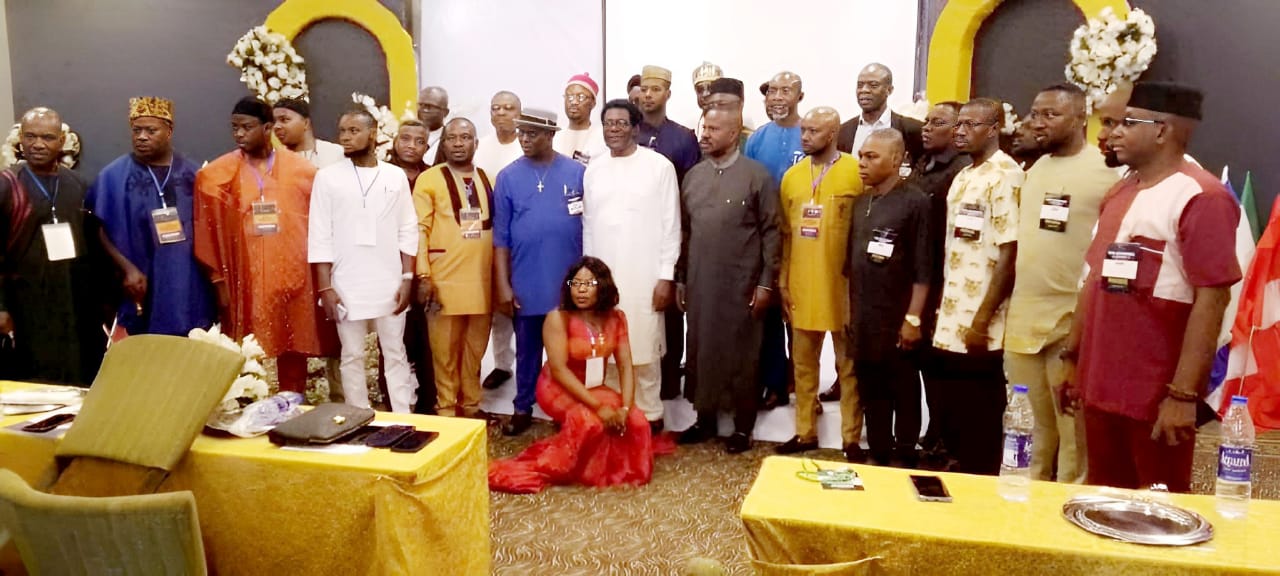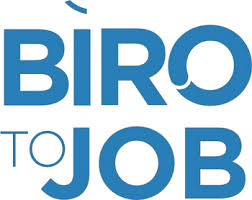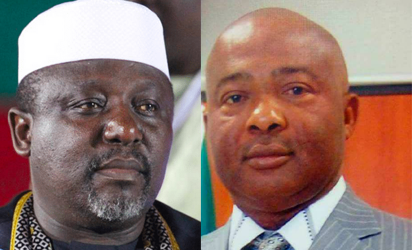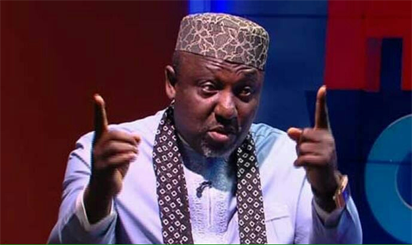Autonomy: Why Governors Are Yet To Comply With Executive Order 10
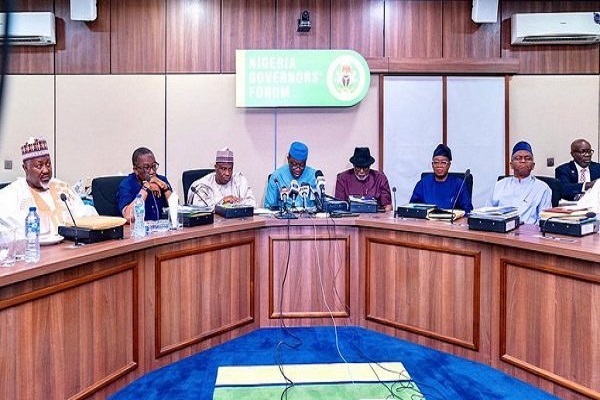
Some governors are delaying compliance with the Executive Order 10 by President Muhammadu Buhari on autonomy for the state judiciary and legislature due to the pending case at the Supreme Court on the matter, it was learnt yesterday.
Sources also said some governors are unhappy with the activities of the Presidential Implementation Committee set up by the President.
The governors have faulted the agreement between the Nigeria Governors Forum (NGF) and the Parliamentary Staff Association of Nigeria (PASSAN) and the Judiciary Staff Union of Nigeria (JUSUN).
Only 12 of 36 states have passed the appropriate law for autonomy for state legislature and judiciary, despite the signing of the Memorandum of Action (MoA) by the NGF.
The states are: Plateau; Sokoto; Bauchi; Bayelsa; Enugu; Lagos; Imo; Jigawa; Kwara; Taraba; Nassarawa and Kaduna.
Investigation by our correspondent revealed that many of the governors have opted to wait for the decision of the apex court before giving effect to EO 10.
There were indications that the Supreme Court may give judgment next month to resolve the impasse.
A governor, who spoke in confidence with our correspondent, said: “All the 36 states have filed an action at the Supreme Court to challenge the legality of the Presidential Executive Order 10 of 2020 on the financial independence of state judiciaries and legislatures.
“We are seeking the interpretation of Sections 6(5), 81(3), 84 , 121(3) and item 21(3) of the Third Schedule of the 1999 constitution (as amended).
“The appropriate thing is for all parties to stay action until the determination of the matter before the apex court.
“So, if we have legal basis, we will go ahead to encourage our Houses of Assembly to enact appropriate law on autonomy for the Judiciary and the legislature.”
A source said: “It is true the NGF signed the Memorandum of Action with the he Parliamentary Staff Association of Nigeria (PASSAN) and the Judiciary Staff Union of Nigeria (JUSUN), it cannot be binding until the Supreme Court decides the status of the EO10.
“In fact, the Presidential Implementation Committee on Autonomy of State Legislature and Judiciary could not address some grey areas, including capital expenditures of the Judiciary.
“We felt the Federal Government wanted autonomy without responsibility. It cannot have its cake and eat it at the same time.”
The Supreme Court may resolve the row over EO10 in January, a source said, adding: “All things being equal, we are hopeful that the matter will be laid to rest by the highest court of the land in January.
“Section 232 (1) of the Nigerian Constitution says the ‘Supreme Court shall, to the exclusion of any other court, have original jurisdiction in any dispute between the Federation and a state, or between states if, and in so far as that dispute involves any question (whether of law or fact) on which the existence or extent of a legal right depends.’ We are after justice.
“No one is contesting the right of the President to issue Executive Order but such a right must not be in conflict with the spirit and letters of the 1999 Constitution.”
President Buhari in May 2020 issued the Executive Order 10 for financial autonomy for state judiciary and legislature.
Following some issues raised by the NGF, a Presidential Implementation Committee was set up to address some constitutional challenges.
The non-compliance with EO10 led to prolonged strike action by the Parliamentary Staff Association of Nigeria (PASSAN) and Judiciary Staff Union of Nigeria (JUSUN).
A Memorandum of Action was signed on May 20, 2021 by all the parties, including the Nigeria Governors Forum (NGF).
Some of the terms of the agreement are:
- Enactment of Judiciary Funds Management Law in each state
- Promulgation of the Legislature Funds Management Law
- Direct payment of statutory allocations to the State Judiciary and Houses of Assembly through First Line Charge
- Direct deduction of funds for the state Judiciary and the Legislature to take effect from April allocations from the Federation Account
- Governors to implement the agreement within 45 days of signing or the Federal Government may enforce Executive Order 10.




